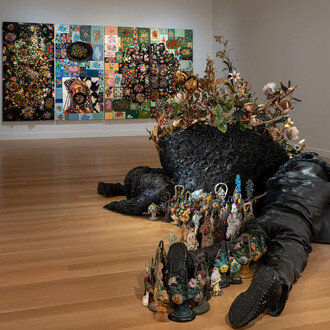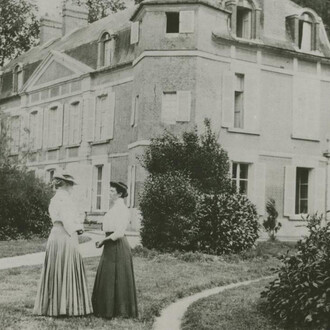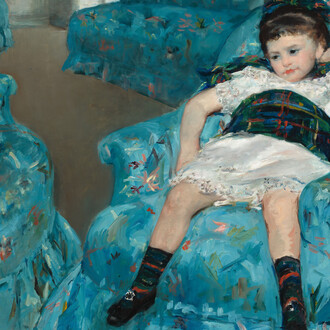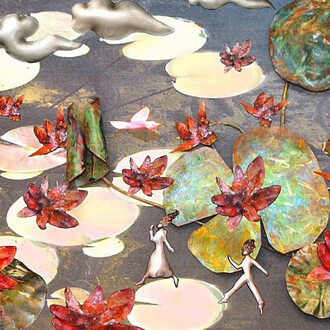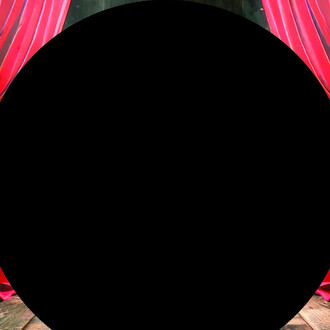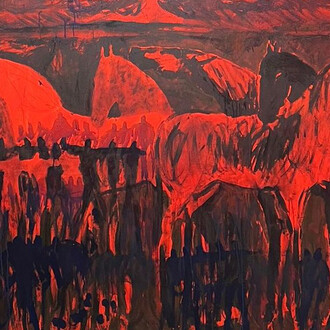Internationally acclaimed artist Tiffany Chung (b. 1969, Đà Nẵng, Viet Nam) is known for her multimedia work that explores migration, conflict, and shifting geographies in the wake of political and natural upheavals. Vietnam, Past Is Prologue, probes the legacies of the Vietnam War and its aftermath through maps, videos, and paintings that highlight the voices and stories of former Vietnamese refugees. Through this work, Chung documents accounts that have largely been left out of official histories of the period and begins to tell an alternative story of the war’s ideology and effects. A centerpiece of the exhibition is a new series of video interviews with former Vietnamese refugees who live in Houston, Southern California, and Northern Virginia that was commissioned by the Smithsonian American Art Museum.
Vietnam, Past Is Prologue is presented in conjunction with SAAM’s major exhibition Artists Respond: American Art and the Vietnam War, 1965-1975, which emphasizes how American artists grappled with the dilemmas of the war as it was unfolding.
Vietnam, Past Is Prologue makes visible a history hidden in plain sight for the past forty-five years. Her subject, the War in Vietnam (1955–1975), has achieved a nearly mythic significance in the United States. In Vietnam, “the War” devastated life as it had been known, dividing time into a “before” and “after.” Yet missing from the narratives told by these two sides is the perspective of the South Vietnamese, on whose behalf the Americans entered the war.
Through meticulously drawn and stitched maps, emotional interviews, and intensive archival research, Chung explores the experience of refugees who were part of the large-scale immigration during the post-1975 exodus from Vietnam. She begins with a fine-grained look into one person’s story—that of her father, who fought for the South Vietnamese military during the war, widens out to encompass the stories of former refugees from Vietnam, and pulls out further still to show the global effects of their collective migration in the war’s wake.





